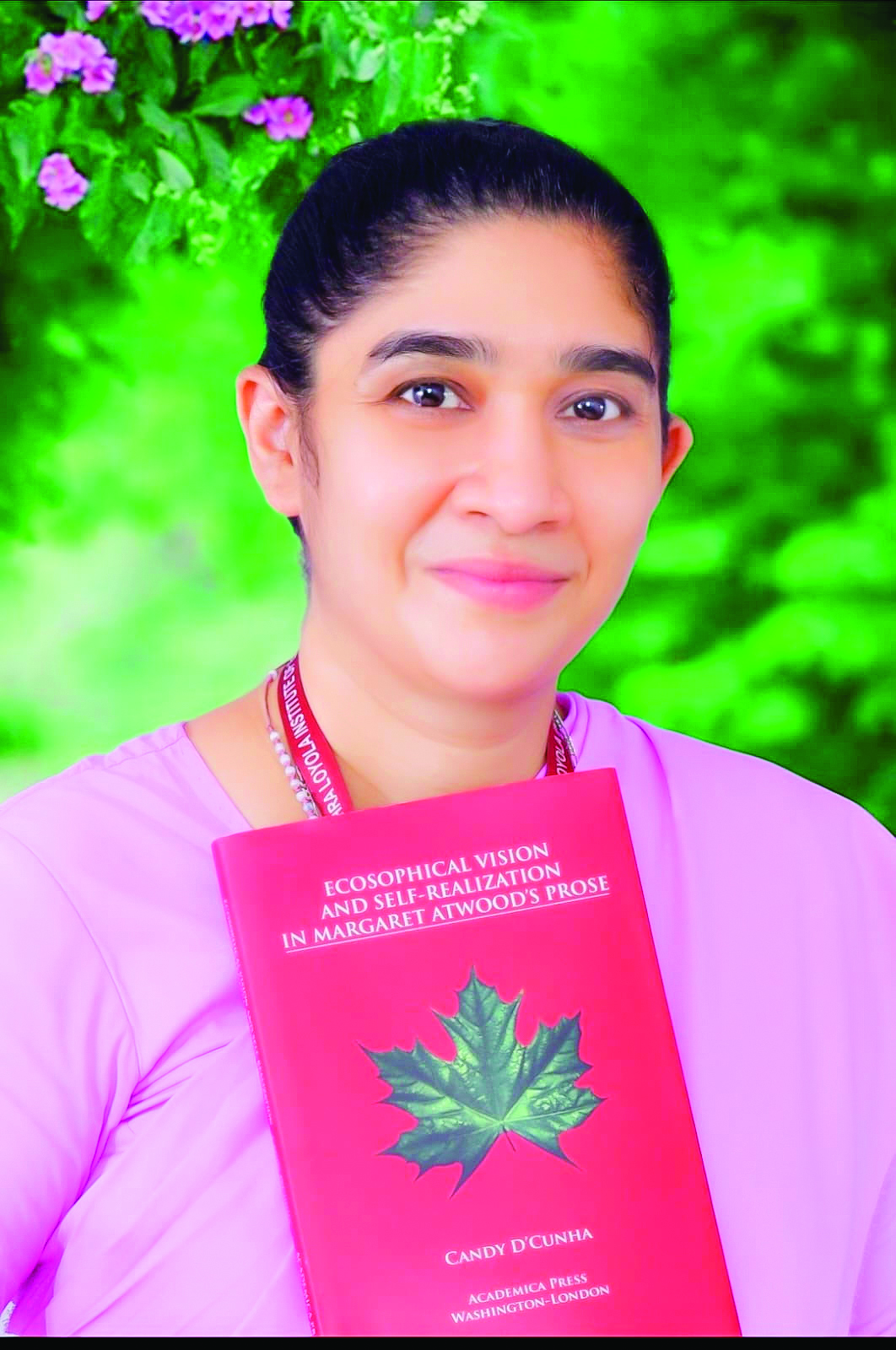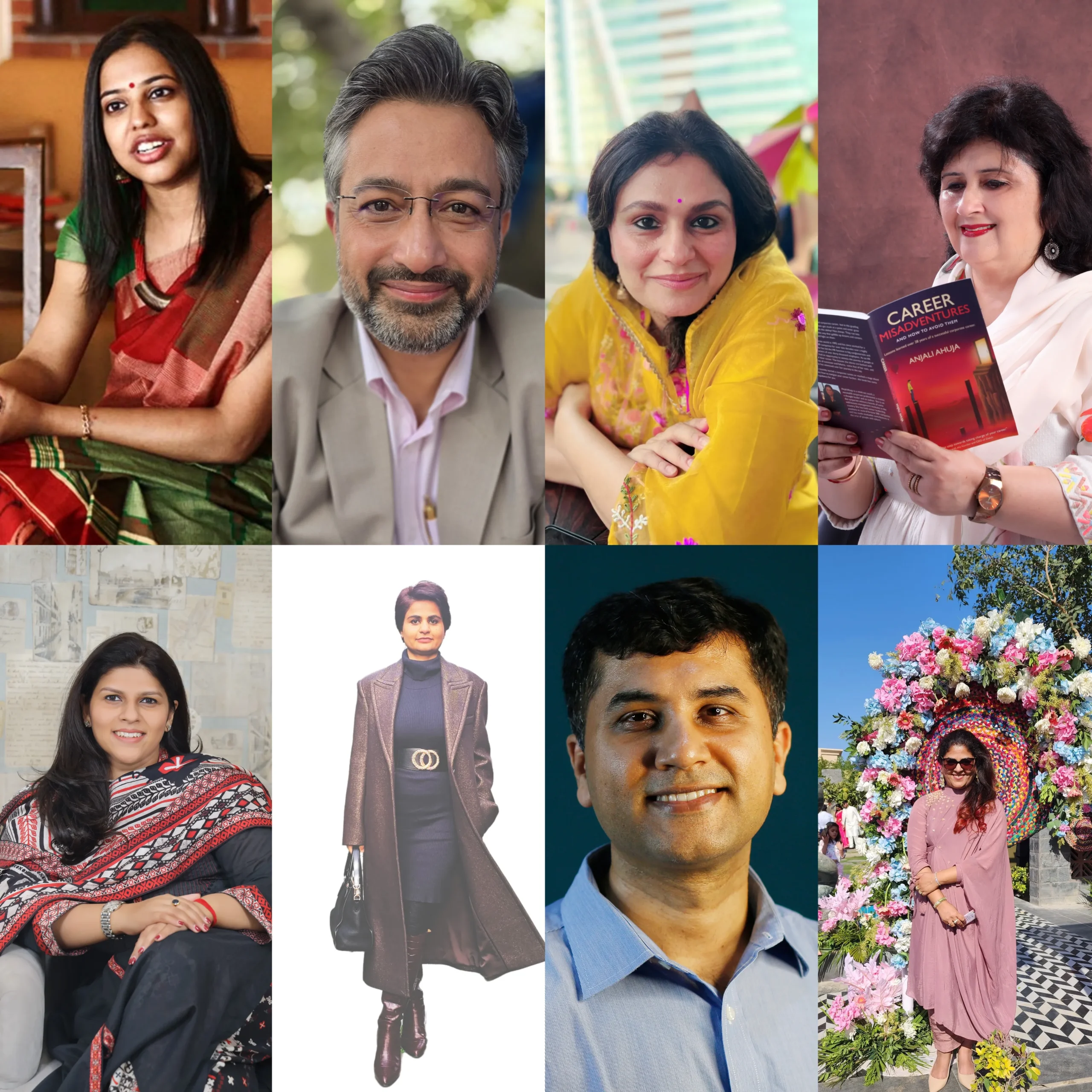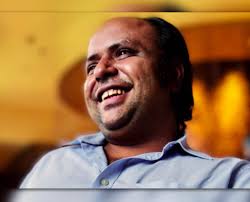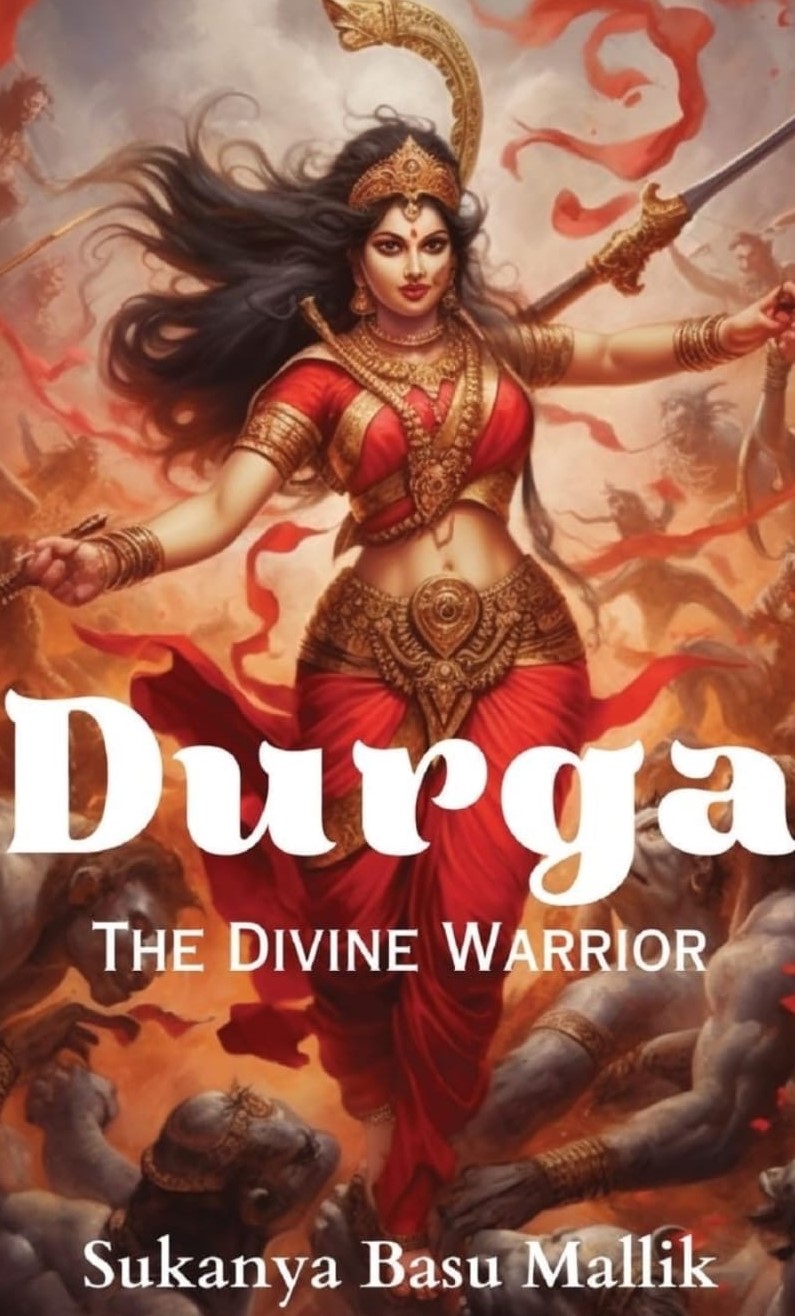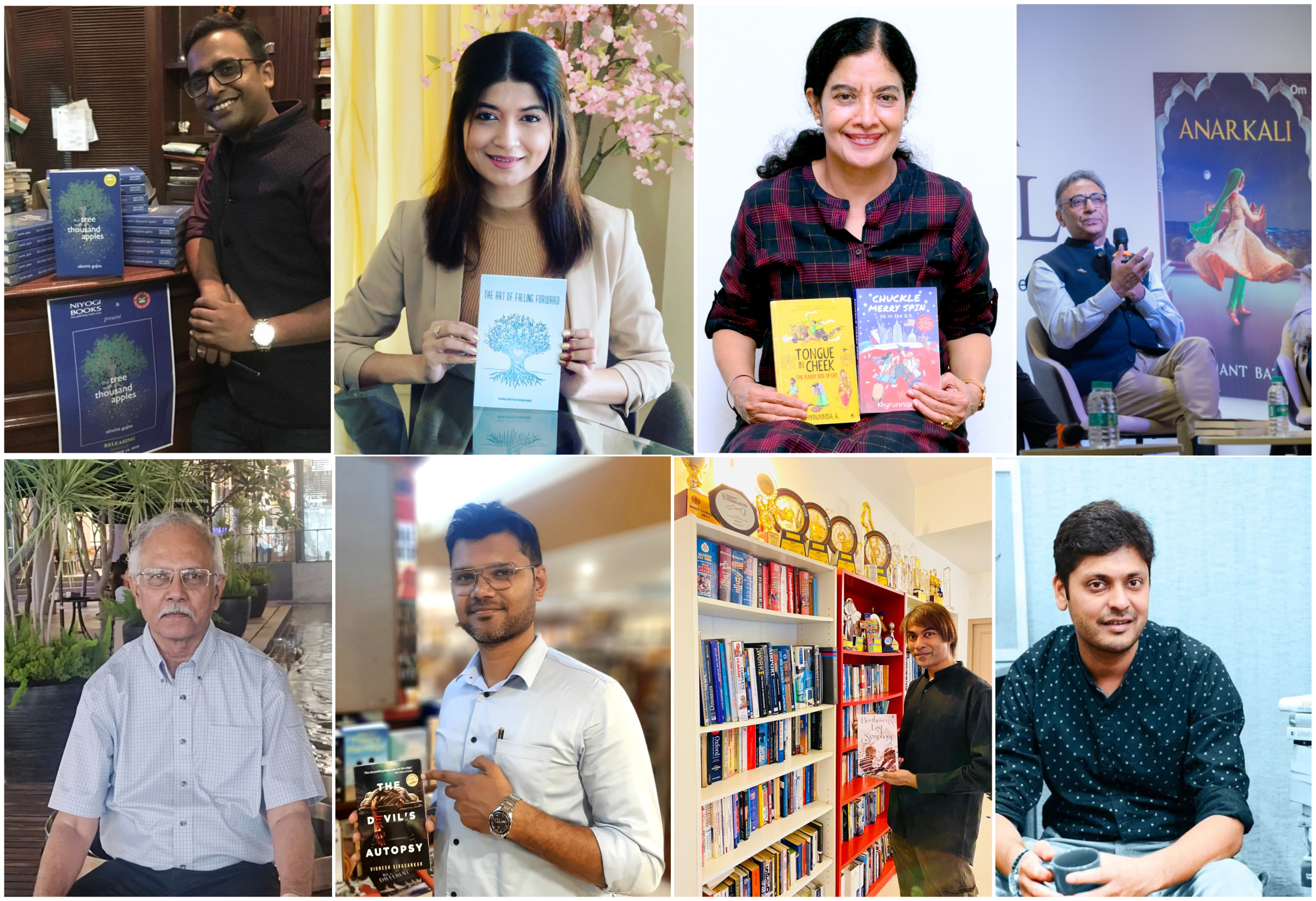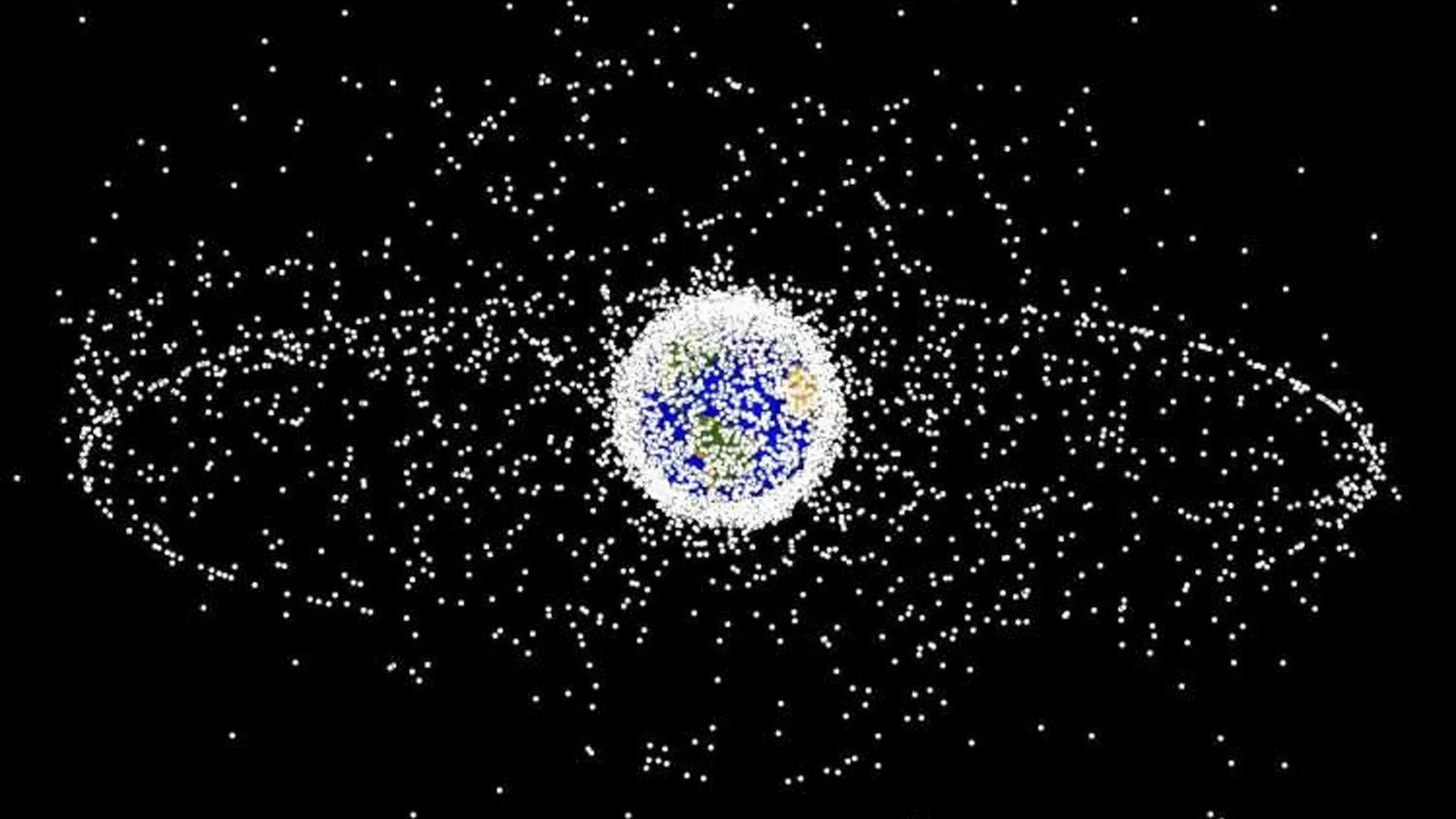Based in Vasai, Mumbai, Maharashtra, Candy D’Cunha is an Associate Professor of English at Andhra Loyola Institute of Engineering and Technology – ALIET, Vijayawada, Andhra Pradesh. She is also an author, poet, editor, and environmental activist, with 16 published books, Harvard certifications, and ongoing D.Litt. research.
1. What inspired you to become a writer, and how did that inspiration shape the creation of your first book?
My grandfather’s literary legacy in Vasai-Mumbai ignited my writing journey. Keys of Life, my unveiling book, published by my uncle’s press during my B.A. Literature studies in 2003, at Maris Stella College, Vijayawada. Its release garnered significant praise, validating my passion for writing. This pivotal moment accentuated the synergy between academia and creativity, shaping my path as a writer.
2. What themes or messages were you hoping to convey through your writing in this particular book Ecosophical Vision and Self-realization in Margaret Atwood’s Prose?
In Ecosophical Vision and Self-realization in Margaret Atwood’s Prose, I aim to illuminate Atwood’s characters, guiding readers toward self-realization through theoretical exploration.
3. What inspired your study on Eco philosophy in Atwood’s prose, leading to subsequent eco-themed publications?
My study on Eco-philosophy in Margaret Atwood’s works, culminating in Ecosophical Vision and Self-realization in Margaret Atwood’s Prose, published by Academica Press, was inspired by the nexus of literature and environmental philosophy. Conducted as part of my doctoral research at Krishna University, Machilipatnamthis work led to subsequent eco-themed publications.
4. What other themes did you delve into besides ecology in Ecosophical Vision and Self-realization in Margaret Atwood’s Prose?
In Ecosophical Vision and Self-realization in Margaret Atwood’s Prose, ecological themes like eco-feminism, eco-symbolism, and socio-ecological justice are explored. Each theme enriches the narrative, connecting Atwood’s characters with modern environmental issues.
5. Who served as sources of encouragement and inspiration for your writing journey?
During my tenure at Andhra Loyola Institute of Engineering and Technology, which commenced in 2016, I had the privilege of receiving invaluable support and encouragement from the esteemed former director, Dr. Fr. Francis Xavier, S.J and the institution’s management. Their recognition of my talent and steadfast motivation propelled me to realize my potential as a writer. As a result, the culmination of their guidance and support has led to the creation of 16 books credited to my name.
6. Are there any specific literary influences or authors that have inspired your writing and publications?
Dr. Kaveri Nambisan, a prolific writer, served as a resource person for a seminar conducted at Andhra Loyola Institute of Engineering and Technology. Interacting with her, particularly given her extensive work on ecology, was profoundly inspiring. Dr. Simon Joseph and Dr. Ken Saldana – Eastern University of Michigan inspired me to publish my books internationally. Additionally, Dr. P.V. Laxmi Prasad has been offering invaluable direction towards my publications.
7. Are there any upcoming projects or future works that you’re excited to share with your readers?
I am currently enthusiastic about delving into a fresh project that will analyse world literature through an ecological lens. This endeavour intends to reveal the intricate relationship between literary narratives and environmental concerns, with a keen focus on promotingecological harmony. As I venture into this exciting journey, I aspire to offer insightful perspectives onsustainable future. Stay tuned for further developments and updates on this endeavour at candy@aliet.ac.in

